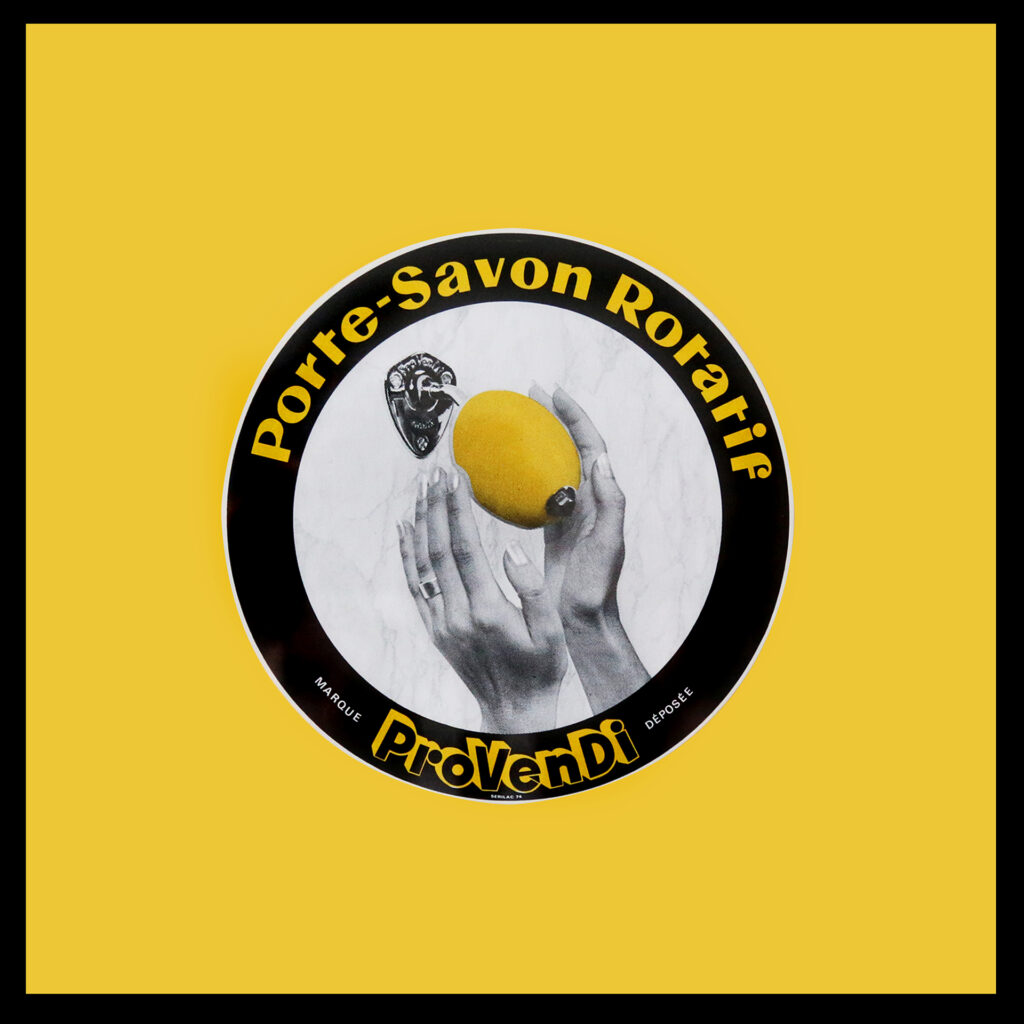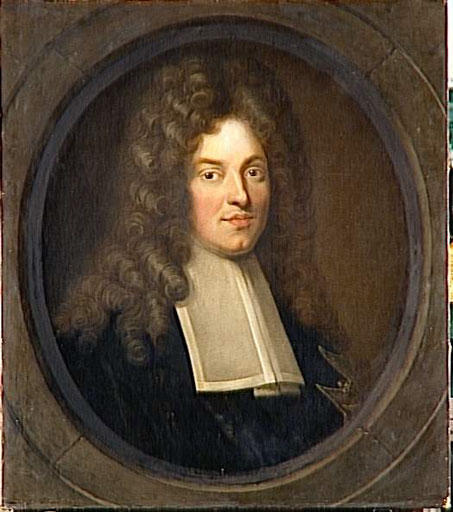About us
Our know-how in video
Our history
Created in the 1950s, on the shores of Lake Geneva, Laboratoire Provendi became famous thanks to a simple idea: to have a soap that is always dry and close at hand. Our wall-mounted soap holder and rotating soap holder have equipped thousands of communities and businesses.
Do you recognize it?
Backed by its experience as a Master Soap Maker, the small company gradually developed the production of liquid Marseille soap. This name refers to the traditional method of saponification, which was developed in the 18th century in the Phocaean city.
The "Marseille" method

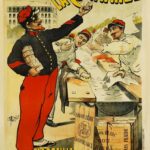
1688
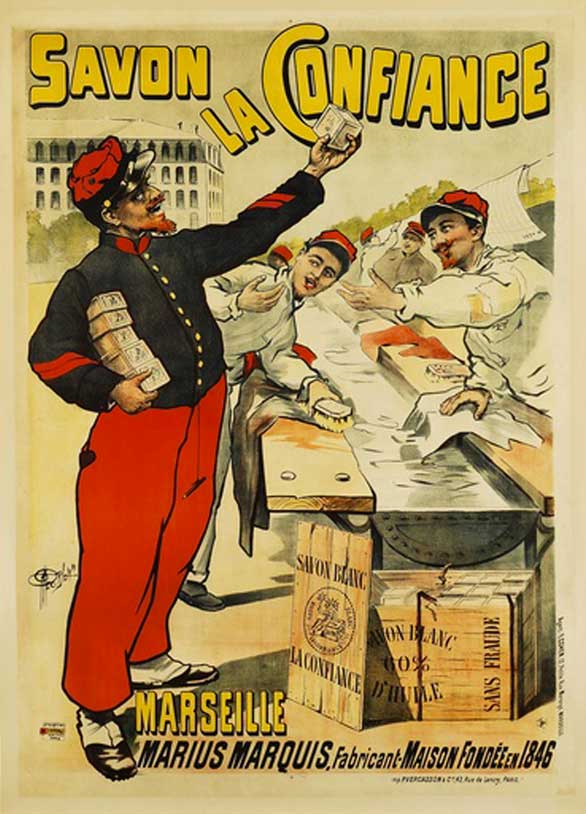
In 1688, ruling that Marseille soap was to be made "without any mixture of fats, under penalty of confiscation of the goods", his son, Jean-Baptiste Colbert de Seignelay, ensured the quality and reputation of Marseille soap factories.
But soap existed long before that date: probably 5000 years BC. Made of animal fats and ashes at that time, the populations of the Mediterranean basin like the Vikings and the Celts made soap in the 10th century.
Then the recipes evolved: hair ointment (gallic sapo) was transformed into a real soap with washing and foaming powers.
At the end of the 17th century, the formulation was more or less the same: sodium carbonates harvested on the shores of salt lakes (and later, soda made from plants, especially glasswort), alkalis or potash in northern Europe, are mixed with animal fats and then vegetable oils.
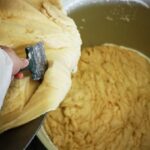
1791
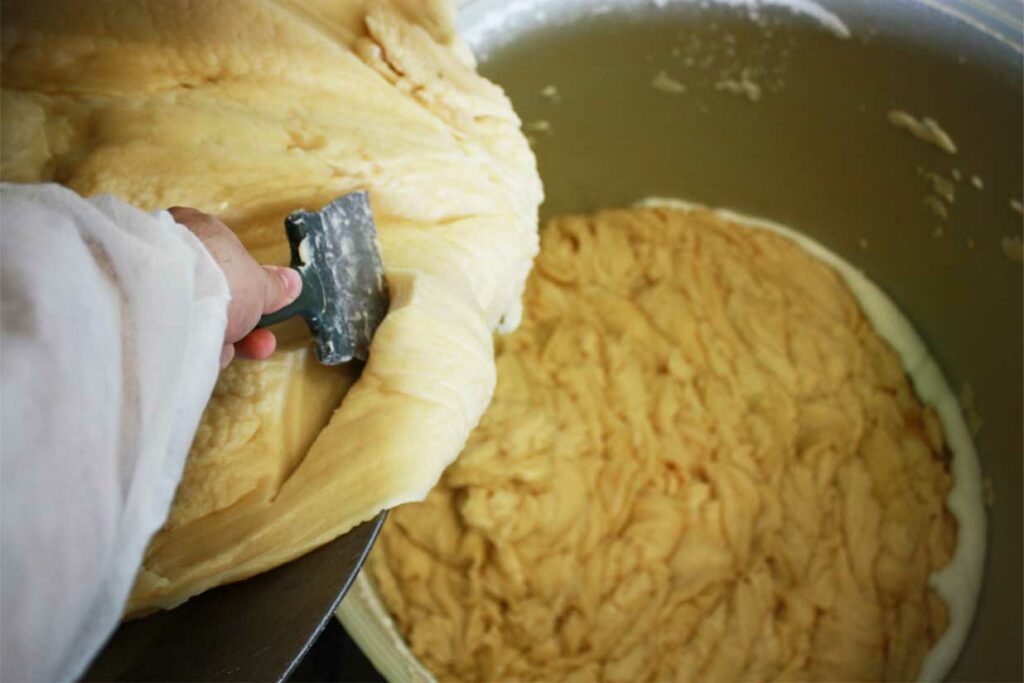
In 1791, Nicolas Leblanc, a French chemist, invented caustic soda from seawater salt. In his factory in Marseille, a revolution had just taken place!
The Master Soap Makers of Marseille – who have acquired a particular know-how by producing olive oil-based soap, as in Aleppo (Syria) or Gallipoli (Italy) – gradually improved their processes: thus, began modern “Marseille” saponification.
Unlike cold production, it is based essentially on the use of noble oils mixed with soda and cooked in a soap factory. This original 4-step process was codified by decree as early as 1812...and more recently in 2003. To meet consumer expectations, Provendi has developed liquid Marseille soap.
And now?
Having become the French leader in liquid soap, Laboratoire Provendi claims its dual status as an artisanal SME and an innovative laboratory and is vigilant to comply with current regulatory and environmental requirements.
In our traditional vats, Alpine water is mixed with oils and vegetable ingredients under the expert eye of a Master Soap Maker.
Holder of a rare know-how, Laboratoire Provendi is registered in the chamber of trade.
Remember
The name “Liquid Marseille Soap” refers to the traditional saponification method known as “Marseille”.
Thanks to this method, pure vegetable oils are saponified in a cauldron, thus naturally producing soap and a high quantity of moisturizing glycerin.
A genuine “Liquid Marseille Soap” is therefore different from a simple mixture of foaming surfactants that are made from petrochemicals (LES, SLS…) by its manufacturing process and its vegetable raw materials.
Proud of its origins and ingredients, a liquid Marseille soap shows its difference on its label.

